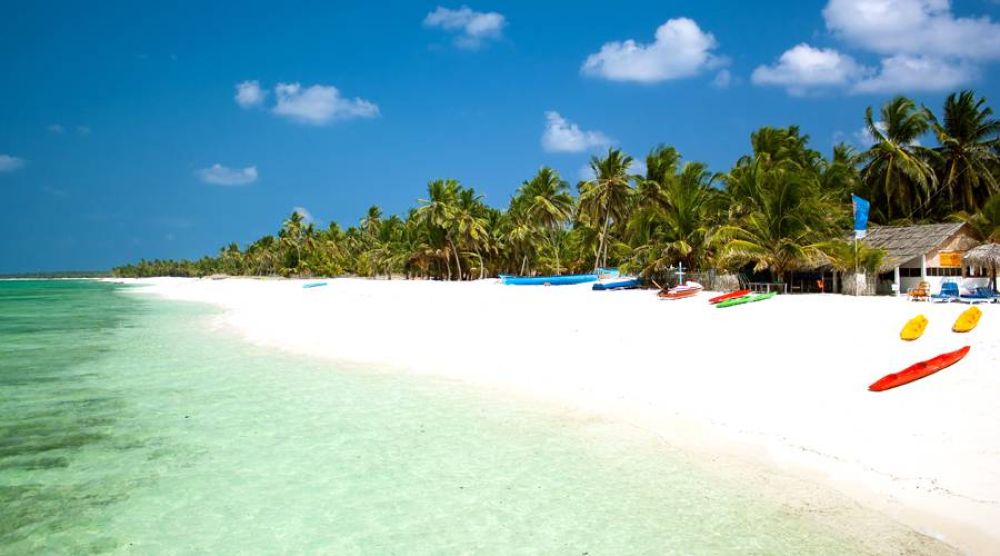

The serene Agatti Beach located on Agatti Island is one of the stunning gems that form the archipelago of Lakshadweep, India. The history of tourism in Lakshadweep, and by extension Agatti Island, is a relatively recent phenomenon when considering the long human history of the islands. Historically, Lakshadweep was known for its strategic importance in the Indian Ocean and has been mentioned in ancient Tamil literature.
Initial Exposure
For a considerable period, the islands were somewhat isolated due to their geographical positioning far off the coast of Kerala. It wasn't until the late 20th century that Agatti and Lakshadweep became accessible for tourism. The islands were primarily known to sailors and fishers until the government of India recognized the potential of Lakshadweep as a tourist destination.
Infrastructure Development
The 1970s marked the beginning of a concerted effort to develop tourism infrastructure. The opening of the Agatti Aerodrome in 1987 was significant, making the island more accessible to visitors from mainland India and abroad. To preserve the ecological balance, the promotion of tourism was carefully regulated, permitting only certain forms of eco-friendly tourism.
Growth of Eco-Tourism
Tourism policies on Agatti Island and throughout Lakshadweep have been tailored to support eco-tourism. Efforts were made to ensure that the small footprint of human activity did not disrupt the delicate coral ecosystems or local traditions. Resorts on Agatti Beach are designed to harmonize with the environment, often using traditional building methods and materials.
Current Trends
In recent years, Agatti Beach has become increasingly popular among tourists looking for seclusion and natural beauty. Water sports such as scuba diving, snorkeling, and kayaking are mainstays of the Agatti leisure scene, attracting adventurers from around the globe. There's a growing trend for sustainable tourism, which is reflected in limited visitor numbers and strict environmental guidelines to maintain the island's pristine condition.
Access and Regulations
It is important to note that visiting Agatti Beach and Lakshadweep requires special permits from the local administration, emphasizing the commitment to preserving the island's ecological and cultural integrity. Tourists must typically arrange their trips through approved tour operators who ensure compliance with local regulations.
In summary, the history of tourism on Agatti Island is a tale of careful cultivation, aimed at sharing the island's natural beauty while protecting its heritage and environment. This has led to a unique travel experience that resonates with those seeking serenity and an untarnished connection with nature.